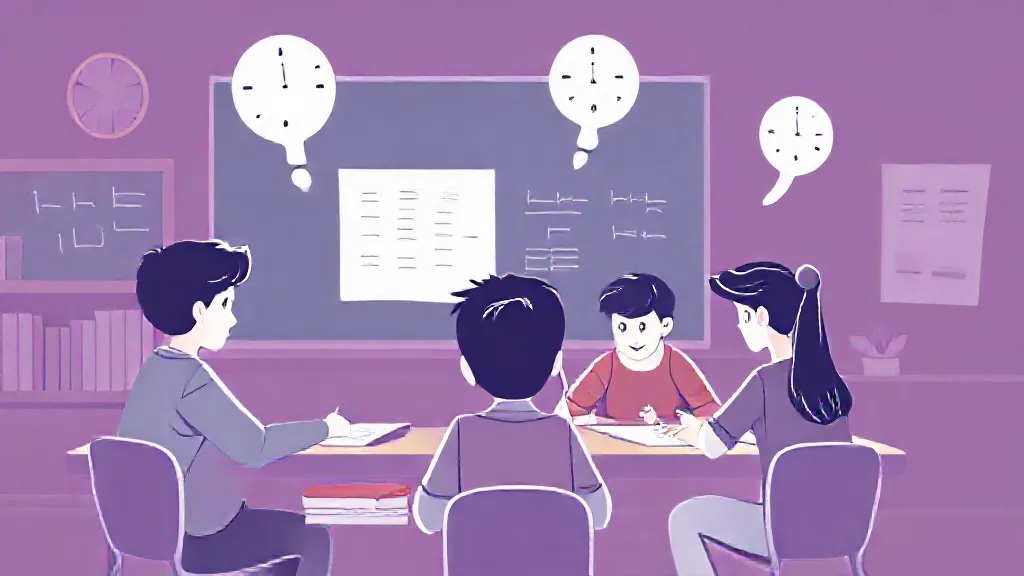Word problems are often seen as a challenging aspect of mathematics education, but their value extends far beyond mere calculation. They serve as a powerful tool for enhancing critical thinking skills, problem-solving abilities, and real-world application of mathematical concepts. Understanding what makes word problems valuable can help educators implement them more effectively in the classroom, fostering a deeper understanding of mathematical principles among students.
The Role of Context in Learning
One of the primary reasons word problems are valuable is their contextual nature. Unlike traditional math problems that present numbers in isolation, word problems embed mathematical concepts within relatable scenarios. This contextualization helps students make connections between abstract mathematical ideas and real-life situations.
For instance, a problem involving the calculation of distance, time, and speed can resonate more with students when framed as a story about a road trip. This approach not only makes math more engaging but also encourages students to think critically about the information presented.
Enhancing Problem-Solving Skills
Word problems require students to engage in a multi-step thought process that enhances their problem-solving skills.
To solve a word problem, students must first interpret the scenario, identify relevant information, and determine the appropriate mathematical operations to apply. This process mirrors real-life problem-solving where one must analyze a situation before arriving at a solution. For example, a problem asking how many apples are left after a certain number are eaten requires students to not only perform subtraction but also to comprehend the context of the situation.
Fostering Critical Thinking
Critical thinking is an essential skill in today's world, and word problems are an excellent means to cultivate this ability. When faced with a word problem, students must evaluate the information given, discern what is necessary for finding a solution, and consider alternative approaches. This analytical process encourages a deeper level of engagement with the material and fosters a mindset of inquiry.
For instance, a problem involving budget management can prompt students to think critically about financial decisions, weighing options and consequences.
Building Communication Skills
Word problems also serve as a platform for developing communication skills. When students work on word problems, they often collaborate with peers to discuss their thought processes and reasoning.
This collaborative effort not only enhances their understanding of the problem but also encourages them to articulate their mathematical thinking clearly. Such discussions can lead to greater confidence in expressing ideas and reasoning, which are critical skills in both academic and professional settings.
Encouraging Perseverance and Resilience
The inherent complexity of word problems can teach students valuable lessons about perseverance and resilience.
As they encounter challenging problems, students learn the importance of persistence in seeking solutions. This experience can be particularly empowering, as it reinforces the idea that struggle is a natural part of the learning process. For example, a student who initially fails to solve a complex word problem may feel discouraged, but with support and encouragement, they can develop the resilience needed to tackle similar challenges in the future.
Connecting Mathematics to Other Disciplines
Word problems often bridge the gap between mathematics and other subjects, such as science, social studies, and language arts. This interdisciplinary approach enriches students' learning experiences and helps them see the relevance of mathematics in various contexts. For instance, a word problem related to environmental science might involve calculating the area of land needed for a conservation project.
Such connections not only enhance students' understanding of mathematical concepts but also promote a holistic view of knowledge.
Historical Perspectives on Word Problems
Historically, word problems have been an integral part of mathematics education. From ancient civilizations using practical problems for trade and agriculture to modern educational practices, word problems have evolved but remained a staple in teaching mathematics.
Notably, the work of mathematicians such as Al-Khwarizmi in the 9th century laid the groundwork for algebra, which often employs word problems to illustrate concepts. Understanding this historical context can deepen educators' appreciation for the role of word problems in learning.
Conclusion: The Lasting Impact of Word Problems
In conclusion, the value of word problems in education extends beyond mere computation.
They are instrumental in enhancing critical thinking, problem-solving skills, and real-world application of mathematics. By fostering communication, perseverance, and interdisciplinary connections, word problems equip students with essential skills for their academic and professional futures. As educators continue to integrate word problems into their teaching practices, they contribute significantly to developing a generation of thoughtful, resilient, and capable individuals.
